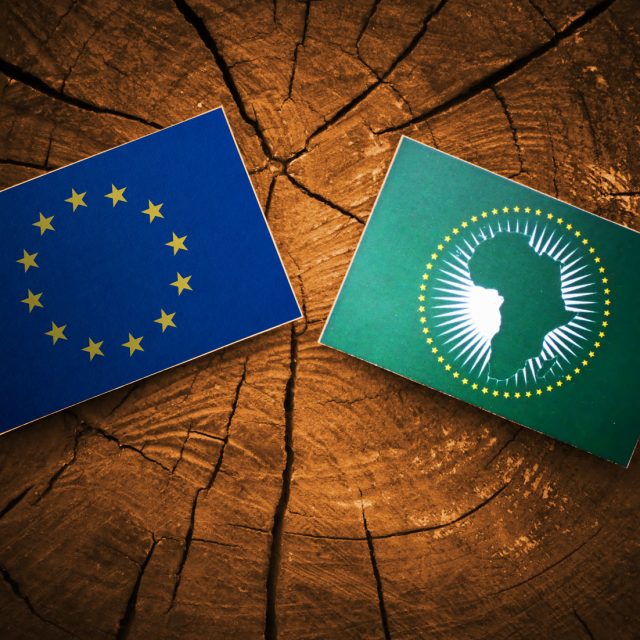Photo by Jeremy Bishop on Unsplash
Kazakhstan is totally committed to the goals and objectives of the Paris Climate Agreement.
This was stressed by the Prime Minister of the Republic of Kazakhstan Alikhan Smailov at the Summit of World Leaders of the Global Climate Change Conference (COP27) in Egypt last November.
Smailov has highlighted that Kazakhstan has set an ambitious goal, to achieve carbon neutrality by 2060. This will be underpinned by the planned adoption of the Low–Carbon Development Strategy in the near future, a document that will be ratified in Central Asia for the first time.
Kazakhstan clearly has ambitions and is taking strides to achieve them. President Tokayev has shown that Kazakhs are no strangers to innovative ideas, changes in society and all areas of political and economic activity. The country is taking determined steps to develop and is showing the word that Kazakhstan has the potential to become not only the economic leader of Central Asia, but also one of the world centres of “green” energy.
Kazakhstan’s Prime Minister has stated his determination to make Kazakhstan a regional centre for the development of renewable energy sources and to stimulate the transition of Central Asia to green technologies.
Alikhan Smailov stresses the importance of technological modernisation, in particular, the need to introduce knowledge sharing and transfer of “clean” technologies, within the framework of the Paris Agreement. “We need bold decisions and fair development models that are sustainable and equitable,” he says. “Kazakhstan is ready to cooperate with all international partners on a wide range of issues on the climate agenda.”
Kazakhstan has also proposed to make the Astana International Financial Centre a unique regional investment centre for “green” finance. To this end, the Kazakh Government is actively taking measures to stimulate “green” investments.
For example, the signing of a framework agreement between the Republic of Kazakhstan and the Australian international energy company Fortescue Future Industries on the implementation of projects for the production of “green” hydrogen in several regions of Kazakhstan, including the vast regions of Atyrau and Mangystau.
On the sidelines of COP27, an agreement was also signed between Prime Minister Smailov and President of the European Commission Ursula von der Leyen concerning a “Memorandum of Understanding and Strategic Partnership in the field of sustainable raw materials, batteries and value chains of green hydrogen.”
This memorandum will create conditions for the establishment of financial and technological cooperation between Kazakhstan and EU companies.
Kazakhstan today plays an important role in Central Asia in maintaining stability, strengthening cross–border climate cooperation and, most importantly, preventing conflicts in the region. The active participation of Central Asian countries in the implementation of the “Regional Action Plan of the Joint Political Dialogue on Climate, Environment and Security” is also important. And here, Kazakhstan has also repeatedly made good initiatives.
One of the concrete steps in this direction is the implementation of the proposal of the Kazakh President to create a project office of the Central Asian countries to coordinate joint actions on environmental protection and the implementation of a coordinated policy on climate change in the region. This was announced by President Kassym-Jomart Tokayev at the fourth Consultative Meeting of the heads of Central Asian States in July 2022.
This project can contribute to the further promotion of Kazakhstan’s initiative “Green Bridge Partnership Program”, which was included in the final conclusions of the Rio+20 World Summit on Sustainable Development in 2012.
Kazakhstan is a young country, but this Central Asian State is punching above its weight in international fora, and taking active participation in the exchange of advanced ideas and initiatives as a responsible global partner.
The effectiveness of Kazakhstan as a valued partner for European countries should not be underestimated, and improved bilateral communications can only lead to improved and mutually beneficial cooperation for many years to come.





To the eupoliticalreport.eu admin, Your posts are always well-cited and reliable.